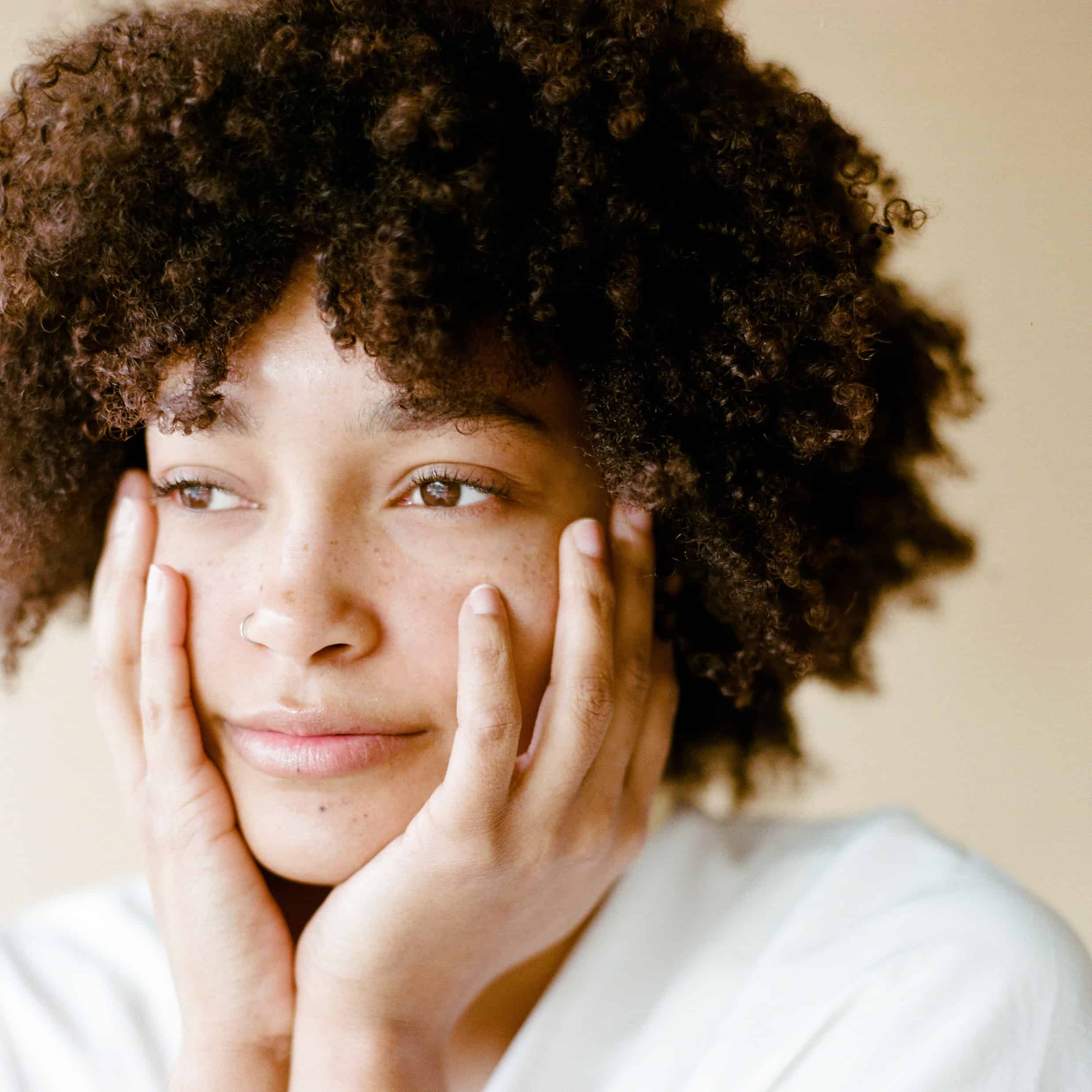Winter is upon us, and with it comes plenty of festivities. But for some, winter can signal seasonal or worsening depression.
How to Handle Depression in Winter
Winter and Depression
The seasons can have a major impact on a person’s mental health. When seasonal changes cause new or worsening depression, it’s called seasonal affective disorder, or SAD. There is still a great deal that we don’t understand about why some people experience depression in the winter, but it’s likely related to sunlight, at least in part. With winter comes shortening days and longer periods of darkness. If you work a regular nine to five job, you spend your whole day out of the sunlight and inside. You wake up, and it’s dark. You come home, and it’s dark. This can, scientists observe, cause depressive mood changes. Less common is SAD in the spring and summer months, but the theory is similar. Being sensitive to light or a lack of light are two sides of the same coin. Most people who experience seasonal affective disorder are no strangers to depression year-round; it might just be worse in the colder months for them. Winter also has some of us being far less active, stuck inside, and unable to do the activities usually reserved for the warm summer months. Getting less exercise and feeling cooped up with “cabin fever” can have negative impacts on your mental wellness.
There is a great deal of uncertainty surrounding just why seasonal affective disorder happens. While the prevailing theories focus on light and circadian rhythm disruption, it’s entirely possible that light is only one component of a more complicated condition. The brain is incredibly complex, and we may never fully understand how the environment affects it. What’s most important with SAD and depression is that we can effectively treat it or find ways to cope with its worst symptoms.
Coping with Depression in the Winter
So how can you make sure that your depression doesn’t go unchecked this winter? How can you, at the very least, get it under control and still enjoy the winter holidays? Don’t worry. There are plenty of things that can be done to treat and easing the worst of seasonal affective disorder.
Light Therapy
Going off the leading theory about seasonal affective disorder being a result of a lack of light, light therapy is a simple yet effective first line of defense against winter depression. The best time to use a light therapy device is in the morning to simulate the actual daylight cycle as best as possible. Light therapy devices won’t cure depression, but they can be a great, supplemental treatment when used as directed. There are various light therapy devices, but they all work on similar principles, though they certainly aren’t all made equal. Do your research and find a product that’s well-reviewed. When in doubt, ask your provider for their recommendations.
Counseling
Treating your depression, whether it’s worse in the winter or steady all year round, is best done with counseling.Counseling can help to make many of your anxieties and fears less abstract. By talking things out with a qualified psychologist, you can begin to make sense of your specific depression. Understanding the ways in which your depression manifests, the things that could trigger it to worsen, and how to cope with it can be instrumental in making sure that your life isn’t taken over by seasonal affective disorder—having someone to talk to who can help to parse and explain some of what you’re feeling can really help. Having a neutral third party can help immensely in removing the often isolating self-doubt that comes with depression.
Psychiatry and Medication
Therapy for depression is an incredibly useful thing, but it’s not always enough. Psychiatry aims to combine the usefulness of therapy with the proven science behind medication. After some time with your psychiatrist, they will be able to create a specific plan for your needs. That may involve individual therapy as well as a medication management system. Your psychiatrist does not prescribe a drug and sit back. They will work with you to make sure it’s working as it should and that you continue to feel secure and supported.
Depression worsens in the winter for so many people, so know that you’re not alone if you’re affected by seasonal affective disorder. You do not have to take this on alone. This winter, let the experts at SOL Mental Health help you with your seasonal depression.

